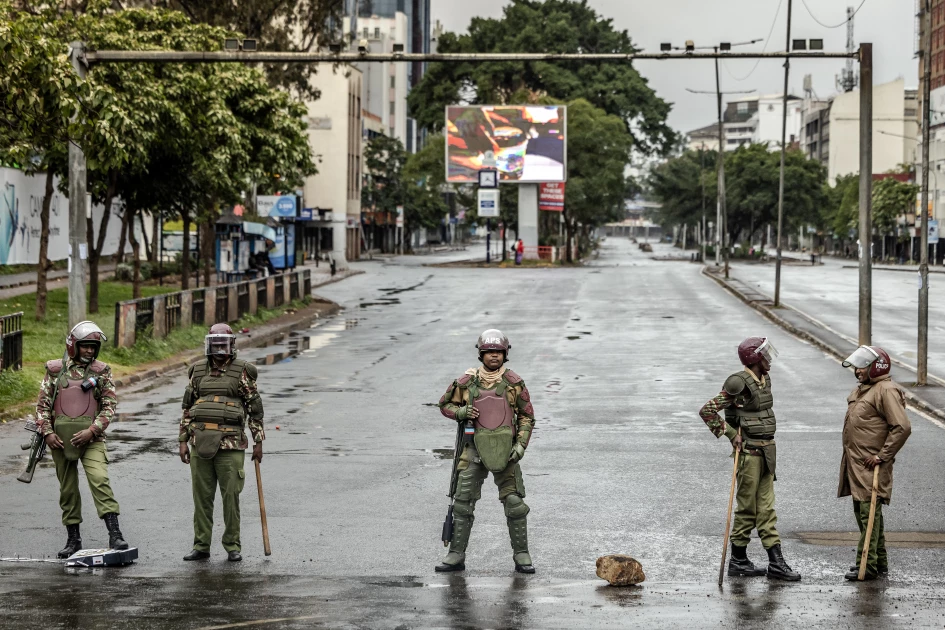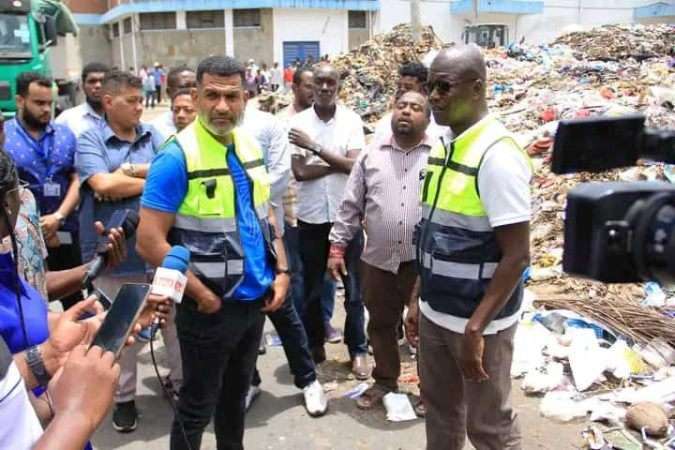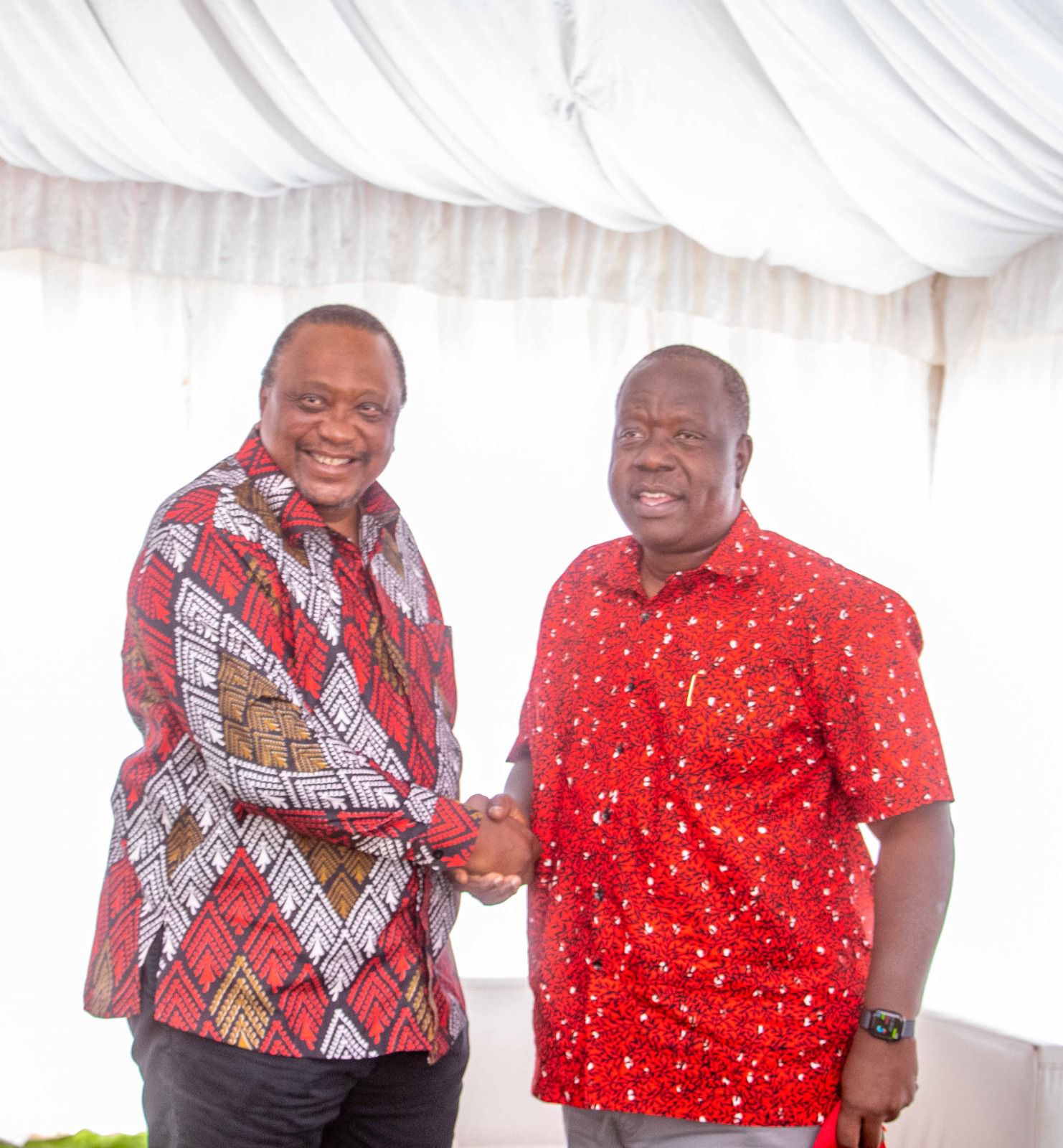By The Weekly Vision Correspondent
The aftermath of recent anti-government protests, which peaked during the Saba Saba Day anniversary, is proving costly, not just in shillings but in lives lost, rights violated, and trust in institutions severely shaken.
Kenya’s taxpayers are staring at a staggering bill exceeding KSh 2.4 billion to cover the economic and humanitarian consequences of the unrest, according to data compiled by civil society organisations under the Police Reforms Working Group (PRWG).
Preliminary estimates indicate that the country suffered a direct economic loss of KSh 1.1 billion during the demonstrations. Tragically, 38 lives were lost, and more than 500 people, including civilians and police officers, were left nursing serious injuries.
Adding to the economic burden, the National Treasury is now under pressure to release KSh 1.3 billion to private mortuaries to cover accumulated bills arising from unclaimed bodies, many believed to be victims of the protest crackdown.
“Families are grappling with hospital, mortuary and post-mortem costs,” said PRWG. “The government must waive these bills and provide funeral support for those who died exercising their constitutional rights.”
In the wake of the protests, over 500 people have been charged in courts across Kenya. Nairobi, Nakuru, Machakos, and Tigania lead in numbers. Notably, 37 individuals, including Manyatta MP Gitonga Mukunji, are facing serious charges ranging from abetting terrorism and robbery with violence to murder and unlawful assembly.
Civil society organisations are now raising the red flag over the use of capital charges, particularly terrorism, in what they see as an attempt to criminalise dissent and suppress lawful protest.
According to Amnesty International Kenya Executive Director Irungu Houghton, the Office of the Director of Public Prosecutions (ODPP) is constitutionally required to weigh public interest, justice, and due process when making charging decisions.
“Terrorism is a charge on par with treason. It must be treated with the gravity it deserves, but also the precision it demands,” Irungu said.
He warned that hastily escalating protest-related offences to terrorism charges, as seen with about 30 individuals, could violate rights and stretch the judicial process unnecessarily.
“These cases take years. Unless there’s immediate, compelling evidence, the judiciary must be cautious not to use serious charges to deny bail or prolong pre-trial detention.”
The PRWG also raised alarm over excessive police deployment and the use of live ammunition in residential areas, especially in Kiambu and Kajiado. At least seven children are currently being treated for gunshot wounds sustained during police operations.
“We are disturbed by the indiscriminate use of force,” said the group. “Some victims were not even protesting. These were innocent civilians, including children.”
President William Ruto came under sharp criticism for his recent remarks urging police to shoot protesters engaging in crime. Civil society warned that such pronouncements could inflame an already volatile situation.
“Instructing police from the roadside on how to police protests is reckless,” Irungu said. “It risks escalating conflict between officers, demonstrators, and the wider public.”
He added that such statements could prompt communities to form self-defence units or retaliatory groups, compounding the breakdown in law and order.
The human rights lobby has condemned what it termed as arbitrary arrests, calling them a manifestation of deepening impunity. Many of those arrested, it claims, were not even participants in the protests.
Transparency International Kenya Executive Director Sheila Masinde urged the Independent Policing Oversight Authority (IPOA) to urgently investigate and publicly release findings related to police killings, injuries, and violations of rights.
“The excuse that victims were criminals or terrorists doesn’t hold. Some of those harmed were simply innocent Kenyans in their homes or going about their lives.”
As Kenya grapples with rising discontent, the cost of protest, economic, legal, and human, continues to climb. Civil society is calling on the government to de-escalate tensions, respect constitutional freedoms, and uphold justice, even in the face of dissent.
For now, the battle is not just in the streets or the courts, but in the conscience of a nation deciding how it treats its own citizens when they speak out.





